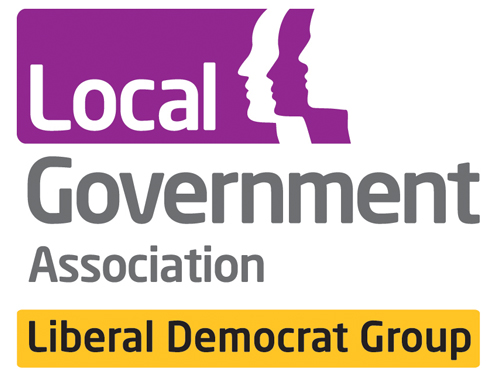
Responding to the announcement by the Department for Education of some extra funding to support children with special educational needs and disabilities, Cllr Lucy Nethsingha, Liberal Democrat Deputy Chair of the Local Government Association’s Children and Young People Board, said:
“The LGA has worked hard to raise concerns around the huge financial pressures on councils and schools to meet the growing demand for support for children with special educational needs and disabilities (SEND). While the Government has started to listen to our concerns and will provide an emergency injection of desperately-needed money to tackle this crisis, it will only partially address the wider £472 million deficit councils are facing providing SEND support this year, which could grow to more than £800 million in 2019/20.
“Parents rightly expect and aspire to see that their child has the best possible education and support, and councils have done all they can to achieve this. However, councils are reaching the point where the money is simply not there to keep up with demand, pushing support for children with SEND to a tipping point.
“We want to work with government to tackle this issue, and it is also good the Department for Education has accepted our call for a review of SEND support, in particular, to incentivise mainstream schools to admit and support children with SEND.”
Notes:
- The Government is planning to add a total of £250m over next two years plus £100m for more specialist places in mainstream schools.
- However it now appears that national government is going to demand Councils must stop top-slicing the schools budget. While Head Teachers may welcome this as many schools are also facing serious budget problems, if Councils are instructed to stop supporting SEND spending by top-slicing school budgets, it will leave council finances in an even more difficult position in years to come.
- Councils have experienced a big increase in demand to provide SEND support. Government figures show the number of children and young people with Education, Health and Care Plans (EHCPs) or statements, which detail the support a child with SEND receives, has increased by 35 per cent in five years, from 237,111 in 2013/14 to 319,819 in 2017/18.
- The number of children and young people educated in special schools and specialist colleges has risen by 24 per cent during the same period, from 105,442 in 2013/14 to 131,230 in 2017/18.
- High Needs Funding also funds the cost of education for children excluded and placed in alternative provision. Latest figures show a 66 per cent increase in exclusions, from 4,630 in 2012/13 to 7,720 in 2016/17. Around 42 per cent of excluded children in 2016/17 had some form of special educational needs.
- The LGA has commissioned the Isos Partnership to research high needs funding. These are findings based on responses from 93 local authorities. Read the report.